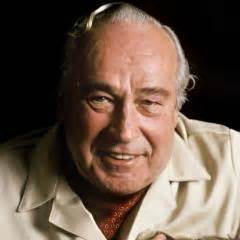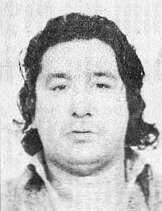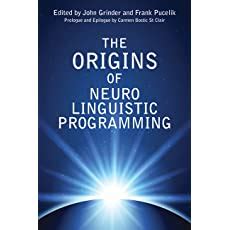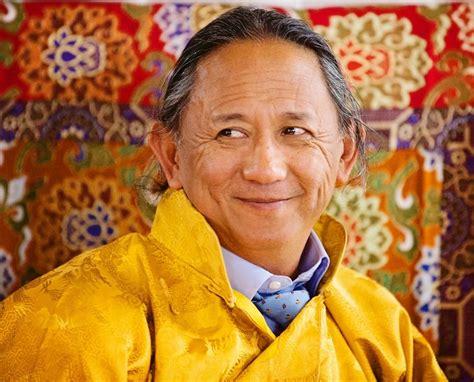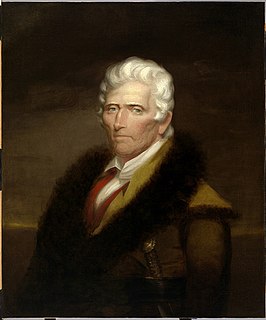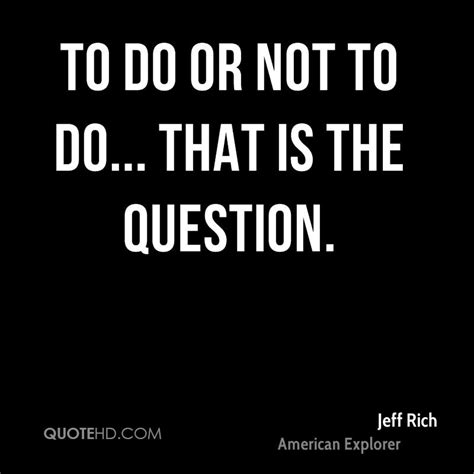A Quote by Jacques Yves Cousteau
The idea of a group of elders is that, in past civilizations, they have linked worlds; the other world was also present in this one. There is also the argument that elders have "experience." The problem is that experience teaches fear of change. Experience kills imagination. Experience makes people conservative. What we are facing tomorrow requires the force of imagination, not wisdom from yesterday.
Related Quotes
You can gain experience, if you are careful to avoid empty redundancy. Do not fall into the error of the artisan who boasts of twenty years experience in craft while in fact he has had only one year of experience–twenty times. And never resent the advantage of experience your elders have. Recall that they have paid for this experience in the coin of life, and have emptied a purse that cannot be refilled.
Experience is the best teacher. But in our day and time, what we need is wisdom, because wisdom overcomes experience, because experience is wisdom, but there's a level of wisdom that overcomes the experience, and that's the experience that's already lived by others. I'm not trying to repeat the histories. I already learned from what they did.
Henry Corbin creates the world - most of all his examination of the imagination and what the imagination was for him. Some philosophers would think of the imagination as a synthetic ability, how you put different things together. Artists more think of the imagination as creativity. So I really like the way that he presents the imagination as a faculty that allows one to experience worlds that are not exactly physical but are real nonetheless.
Science begins with the world we have to live in, accepting its data and trying to explain its laws. From there, it moves toward the imagination: it becomes a mental construct, a model of a possible way of interpreting experience. The further it goes in this direction, the more it tends to speak the language of mathematics, which is really one of the languages of the imagination, along with literature and music. Art, on the other hand, begins with the world we construct, not with the world we see. It starts with the imagination, and then works toward ordinary experience.
When we follow the reversal of normal experience, we find ourselves in an unusual, nearly mad experience. Being in an almost mad experience is not something we should fear: only in such experience are we jarred out of our common sense opinions and beliefs. It opens our minds to other ideas and thought. It makes us think.
We can roam the bloated stacks of the Library of Alexandria, where all imagination and knowledge are assembled; we can recognize in its destruction the warning that all we gather will be lost, but also that much of it can be collected again; we can learn from its splendid ambition that what was one man's experience can become, through the alchemy of words, the experience of all, and how that experience, distilled once again into words, can serve each singular reader for some secret, singular purpose.
I believe that when people invite their soul into the present moment - especially when their bodies and minds are encountering that experience of sudden and abrupt change - the wisdom of the soul allows them to experience the change differently. It literally re-contextualizes the change itself and we have a deeper, richer, more profound understanding of what is really going on.
I think a diversity of expression can only be good, so I think the more that people write about their experience, use their imagination to deal with their experience, you know, I think that's going to be good for not only for those authors but also for people who are interested in trying to understand it.
Most of us have had the experience of sitting by the seashore or on a mountaintop, simply enjoying the beauty of nature, relaxed, content, and present.
We've probably also had the experience of sitting by the seashore or on a mountaintop and missing it completely.
Being present - or not - is a basic human experience.


